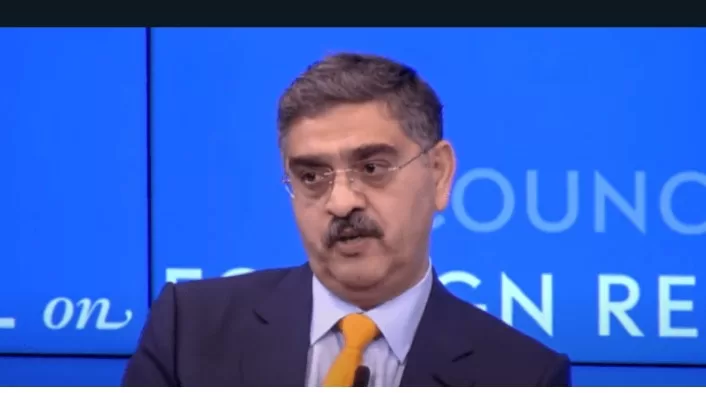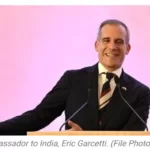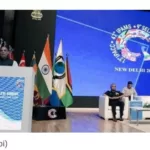In a candid interview with TRT World on Tuesday, September 26, 2023, Caretaker Prime Minister Anwaarul Haq Kakar made a resolute declaration: the military’s influential presence in Pakistan’s political landscape will persist unless civil institutions bolster their organizational prowess.
Kakar, during his conversation with TRT World, attributed this enduring civil-military asymmetry to longstanding deficiencies within civilian institutions, spanning over four decades. Whether grappling with issues in education, healthcare, disaster management, or tax collection, civilians have often resorted to the military as a last resort to address pressing concerns.
The interim PM did not mince words when criticizing the country’s political leadership. He accused them of cultivating associations with the military for personal gain and political power. Kakar denounced their propensity for adopting a convenient and expedient approach, shifting blame onto the military for their failures when out of power, thus perpetuating the perceived civil-military imbalance.
Kakar emphasized a crucial point: To rectify this imbalance and forestall further military intervention in governmental matters, civil institutions must fortify their capabilities instead of undermining the organizational strength of the armed forces.
When questioned about the future role of the disciplined military in Pakistan’s political landscape, Kakar unequivocally affirmed, “In practice, honestly speaking and considering the ground realities, the answer is yes.”
Additionally, the interim PM pledged to oversee impartial and transparent elections, promising to thwart any institution’s interference in favor of a specific political party. He remained unperturbed by concerns regarding potential election delays due to the extension of the delimitation exercise, which exceeded the constitutional deadline following the National Assembly’s dissolution. According to Kakar, this extension was a legislative necessity.
Kakar’s remarks were prompted by the 2023 Digital Census findings, ratified by the Council of Common Interest (CCI) in August. Per Section 17(2) of the Elections Act, the Election Commission of Pakistan (ECP) is mandated to delineate constituencies following each census publication.
It’s worth noting that this census notification coincided with the premature dissolution of the National Assembly. Nevertheless, legal experts argue that the Constitution supersedes parliamentary acts.
Consequently, when the president dissolved the National Assembly on the prime minister’s recommendation, the Constitution mandated national elections within 90 days.
Addressing protests by supporters of Imran Khan, Kakar affirmed that peaceful protests were a fundamental democratic right, safeguarded by the government for any political party, whether it be Pakistan Tehreek-e-Insaf, Pakistan Muslim League-Nawaz, or Pakistan Peoples Party. However, he emphasized that any form of vandalism under the guise of protest would not be tolerated.
In response to allegations of US involvement in Imran Khan’s removal, Kakar dismissed such claims as mere conspiracy theories for public consumption. He stressed that the caretaker government had ensured that no external power, including the United States, interfered in Pakistan’s domestic affairs. He reiterated Pakistan’s sovereignty and characterized Khan’s removal as “lawful,” executed constitutionally and without a military coup.







